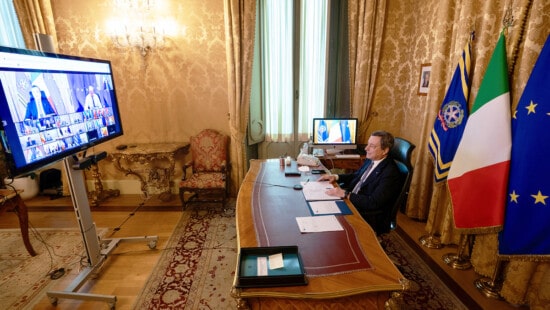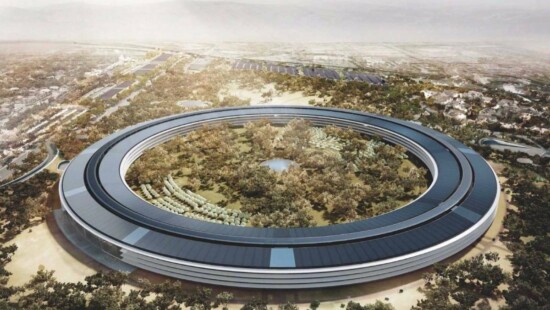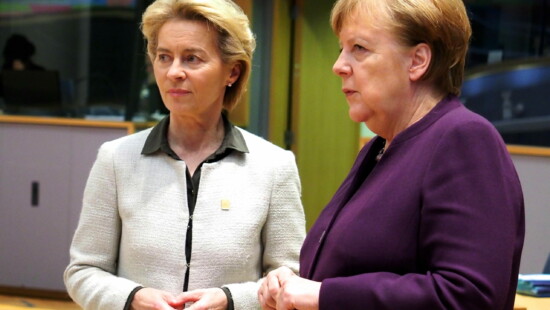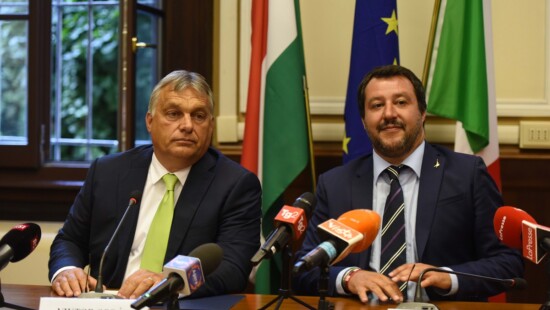Dopo il varo del primo Dpcm sulle misure di lotta al Covid, primo question time in Parlamento per il governo Draghi. Sempre oggi, la presentazione da parte dell’Esa della prossima missione di Samantha Cristoforetti. L’agenda di oggi 3 marzo 2021
Archivi
Una nuova fase costituente per l'Europa? Gli interrogativi di d'Onofrio
Europeismo da un lato e regionalismo dall’atro sono parte di un medesimo problema: l’intreccio profondo tra questione sanitaria, questione economica e questione sociale. Il commento di Francesco d’Onofrio, già ministro dell’Istruzione ed ex parlamentare di lungo corso
La spinta verde di Big Tech
In un mondo invaso dal greenwashing, le grandi multinazionali tecnologiche sono effettivamente un passo avanti nell’uso di energia pulita, anche se l’impatto ambientale dell’industria tech resta alto. Dai bit ai bitcoin, ecco progressi e sfide verdi per Silicon Valley
Il papa in Iraq. Dietro le quinte del piano di sicurezza
Formiche.net ricostruisce come sarà protetto il viaggio del pontefice in un momento in cui l’Iraq diventa territorio di sfogo per le tensioni che riguardano il dossier nucleare iraniano e la lotta politica all’interno dell’Iran, che vede i Pasdaran interessati a usare i propri proxy per minare il processo di contatto tra Teheran e Washington
Recovery Plan e PA: le tre linee d’azione per un salto di qualità per Luigi Carbone
"Uno dei settori prioritari di intervento per il governo Draghi è la Pubblica Amministrazione: la sua efficienza incide sulla vita delle persone, sulla crescita economica, sulla competitività del Paese. Occorre un quantum leap: lo chiedono i cittadini, gli operatori, l’Europa. Il Recovery Plan (PNRR), in Parlamento dal 12 gennaio, fornisce alcune indicazioni per un intervento strutturale e innovativo sulla PA.…
Vaccino Made in Italy più vicino. Nuovo incontro Giorgetti-Farmindustria (e Breton)
Si incontreranno domani, per un secondo appuntamento, il ministro per lo Sviluppo economico Giancarlo Giorgetti e Farmindustria per discutere della produzione vaccinale nazionale. Presenti, tra gli altri, il presidente Aifa Giorgio Palù e il nuovo commissario per l’emergenza Paolo Figliuolo
Merkel e le "sovraniste digitali" europee contro Cina e Silicon Valley
Le leader di Germania, Danimarca, Finlandia ed Estonia scrivono una lettera a Ursula von der Leyen per investirla del ruolo di campionessa della sovranità digitale europea. Un modo per scavalcare Vestager e Breton e andare all’attacco della dipendenza dalle tecnologie cinesi e americane
Non solo Navalny. Dite alla Lega che con Biden non si russa. Parola di Stronski
Le sanzioni coordinate fra Ue e Usa contro il governo russo per l’arresto di Alexei Navalny segnano un cambio di passo storico, dice l’esperto di Carnegie Paul Stronski. Con Biden alla Casa Bianca ci sarà diffidenza per quei partiti, come la Lega, che hanno un legame stretto con il Cremlino
Sui vaccini l'Europa ha fallito. Ma Draghi... Parla Fitoussi
Intervista all’economista francese docente all’Institut d’Etudes Politiques de Paris: i ritardi nei vaccini sono figli di una burocrazia inadeguata e dei mille dogmi di cui è schiava l’Europa. Danimarca e Austria fanno bene a sfilarsi, altri dovrebbero seguirne l’esempio. Draghi? Un uomo coraggioso di cui vale la pena fidarsi
Il Ppe cambia le sue regole. Le strategie di Orban e Salvini
L’appartenenza del premier ungherese Viktor Orban al Partito popolare europeo (Ppe) è appesa a un filo. Se esce Fidesz si fa spazio per gli europarlamentari della Lega. Ma i tempi possono bruciare l’operazione e pure Salvini ha i suoi dubbi

















